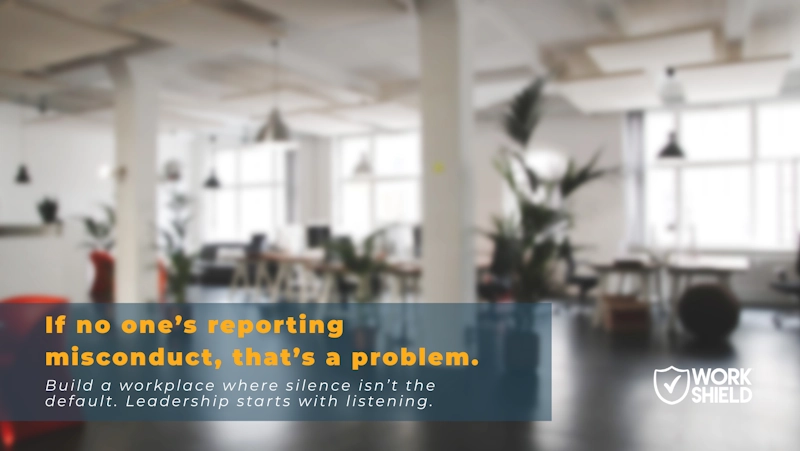Religious expression is a protected right in the workplace, but when employers fail to uphold that right, the consequences can be costly. A recent Equal Employment Opportunity Commission (EEOC) press release outlines a timely and important reminder that religious discrimination in the workplace is not just a compliance issue, but a leadership issue.
Key Highlights
- A high-profile Las Vegas resort recently settled an EEOC lawsuit for alleged religious discrimination in the workplace.
- The violation highlights the critical need to respect religious accommodation requests.
- It also emphasizes the importance of not just drafting inclusive policies, but actively and consistently enforcing them.
- According to the EEOC press release:
- The resort agreed to pay $850,000 to settle the lawsuit.
- A three-year consent decree was established.
- The resort will implement significant policy changes as part of the settlement.
- The lawsuit also included allegations of retaliation, in addition to religious discrimination.
What Went Wrong: Understanding the Employer’s Actions
This breakdown didn’t come down to policy; it came down to process. While the resort may have had anti-discrimination and accommodation policies in place, their enforcement was inconsistent and dismissive of the employee’s rights. By failing to engage in meaningful discussion and denying a religious accommodation, the employer opened itself up to litigation.
These missteps (ignoring the duty to accommodate, inadequate training for managers, and apparent failure to escalate or investigate the report) reflect a systemic problem many organizations face, which is a compliance framework that exists on paper, but not in practice.
Religious Discrimination in the Workplace Trends
This violation is far from isolated. Religious discrimination in the workplace remains a persistent issue. According to the EEOC, employers must reasonably accommodate an employee’s religious beliefs or practices unless doing so would cause more than a minimal burden on the business’s operations.
In recent years, the EEOC has seen an uptick in religion-based claims. As noted in the 2024 EEOC Annual Performance Report, religious discrimination charges are not only growing, but they’re often paired with retaliation or wrongful termination claims.
In particular, the failure to accommodate small but meaningful religious practices, such as wearing religious symbols or adjusting schedules for prayer, continues to trip up organizations. The EEOC’s fact sheet on religious accommodations makes it clear that employers need to demonstrate active respect for religious diversity.
Leadership Learnings
To mitigate the risk of costly legal action and reputational damage, leaders must adopt a proactive compliance-forward approach towards religious accommodations. Here’s a strategic checklist to guide your efforts:
- Train Managers and Supervisors: Ensure those on the front lines know how to recognize, handle, and escalate accommodation requests.
- Document the Interactive Process: Treat every religious accommodation request seriously and document the dialogue.
- Avoid One-Size-Fits-All Policies: Uniform policies without flexibility for accommodations can quickly become liabilities.
- Create Safe Reporting Pathways: Make it easy for employees to voice their concerns without fear of retaliation.
- Partner with a Third Party: Use external solutions to provide impartial handling of complaints and accommodations.
Final Thoughts
The recent EEOC lawsuit shines a light on the real-world consequences of overlooking religious discrimination in the workplace. While training and policy are foundational, enforcement and accountability are what truly drive compliance.
Let this be a reminder: respecting religious practices isn’t just ethical, it’s a legal requirement. With the right tools, leaders can protect both their people and their organizations.
Need to revisit your process?We work with organization leaders to simplify how complaints are reported, investigated, and resolved. Explore our approach.





